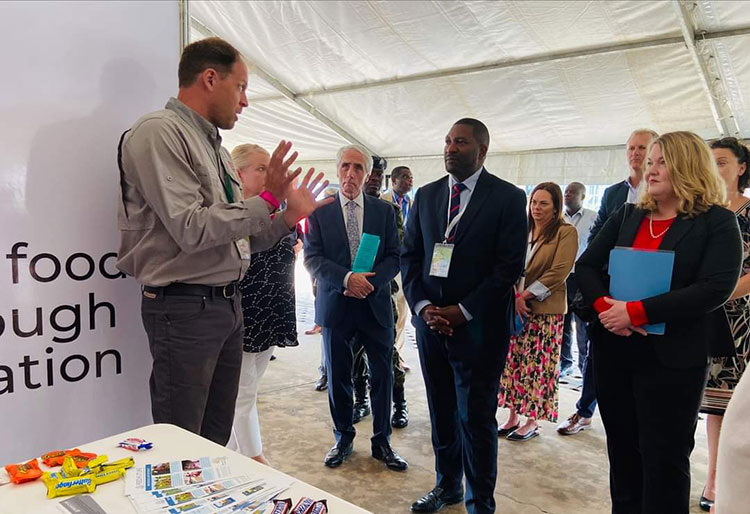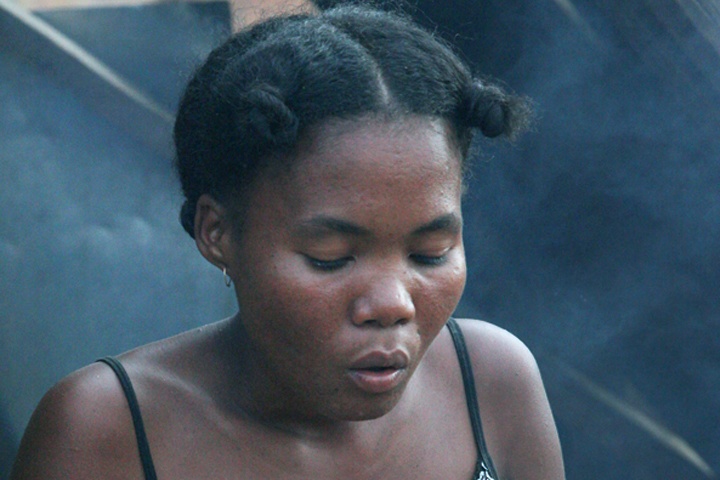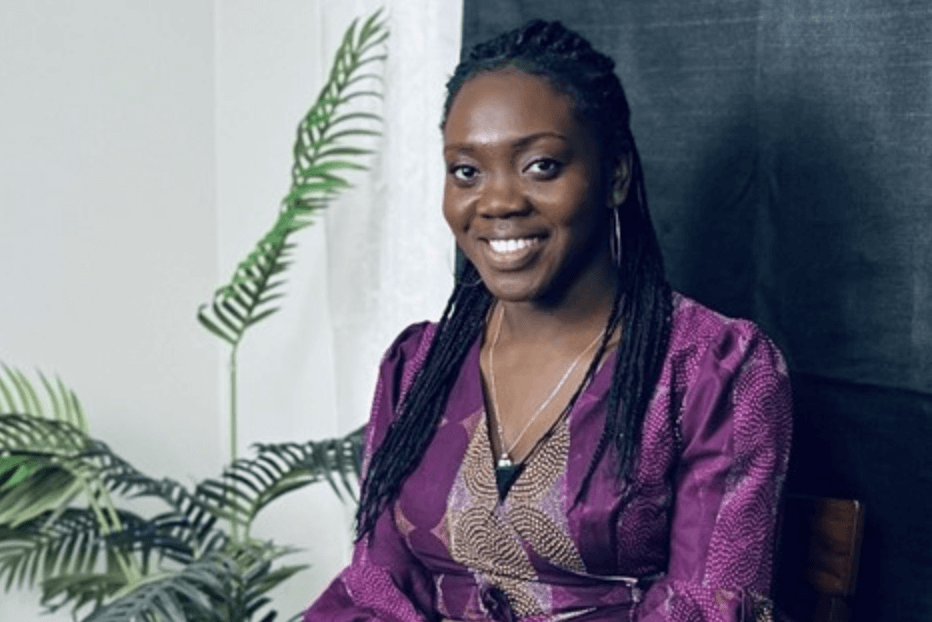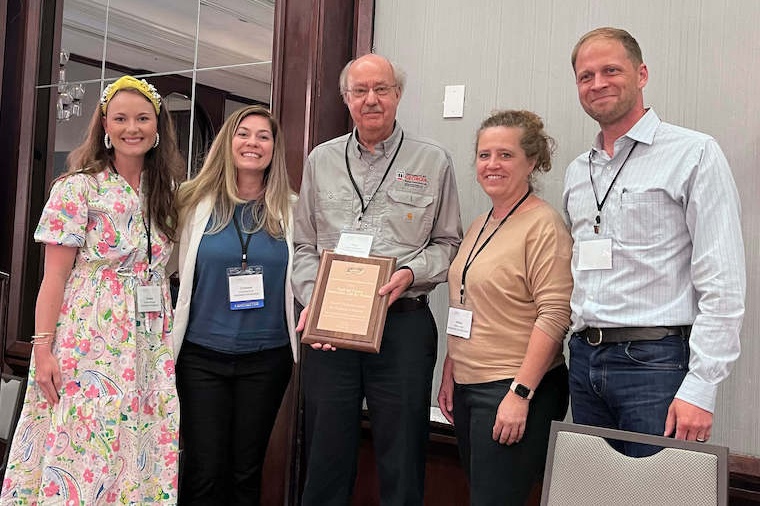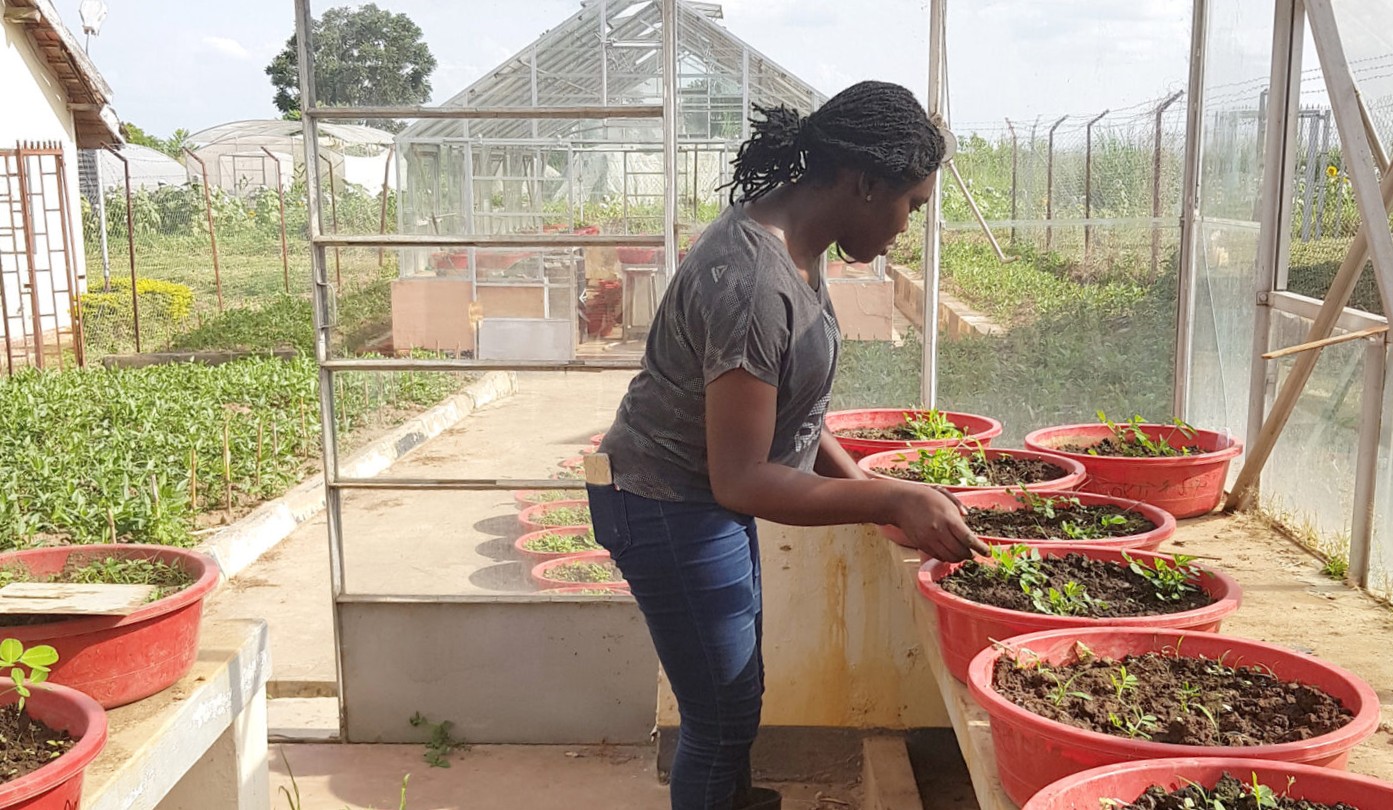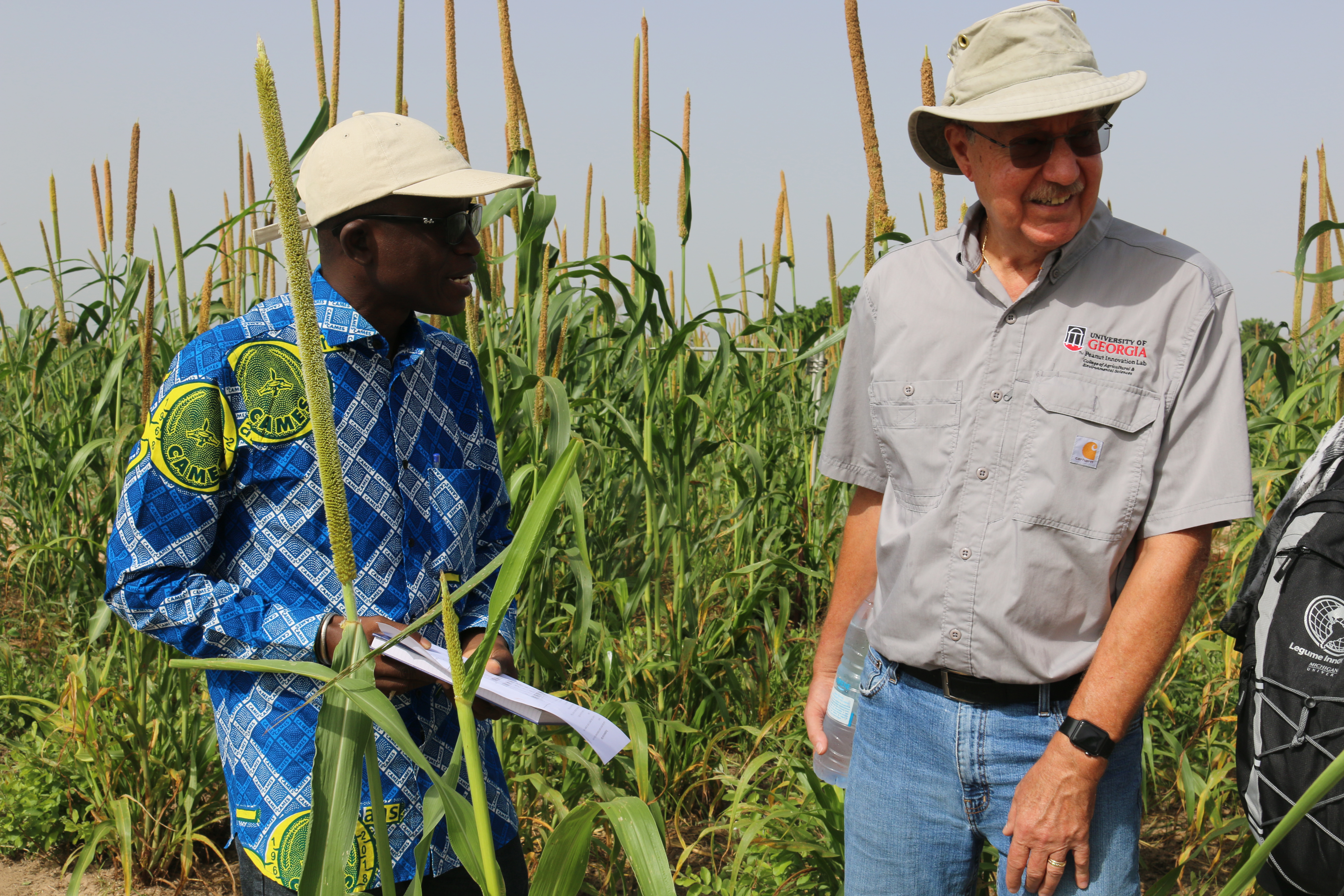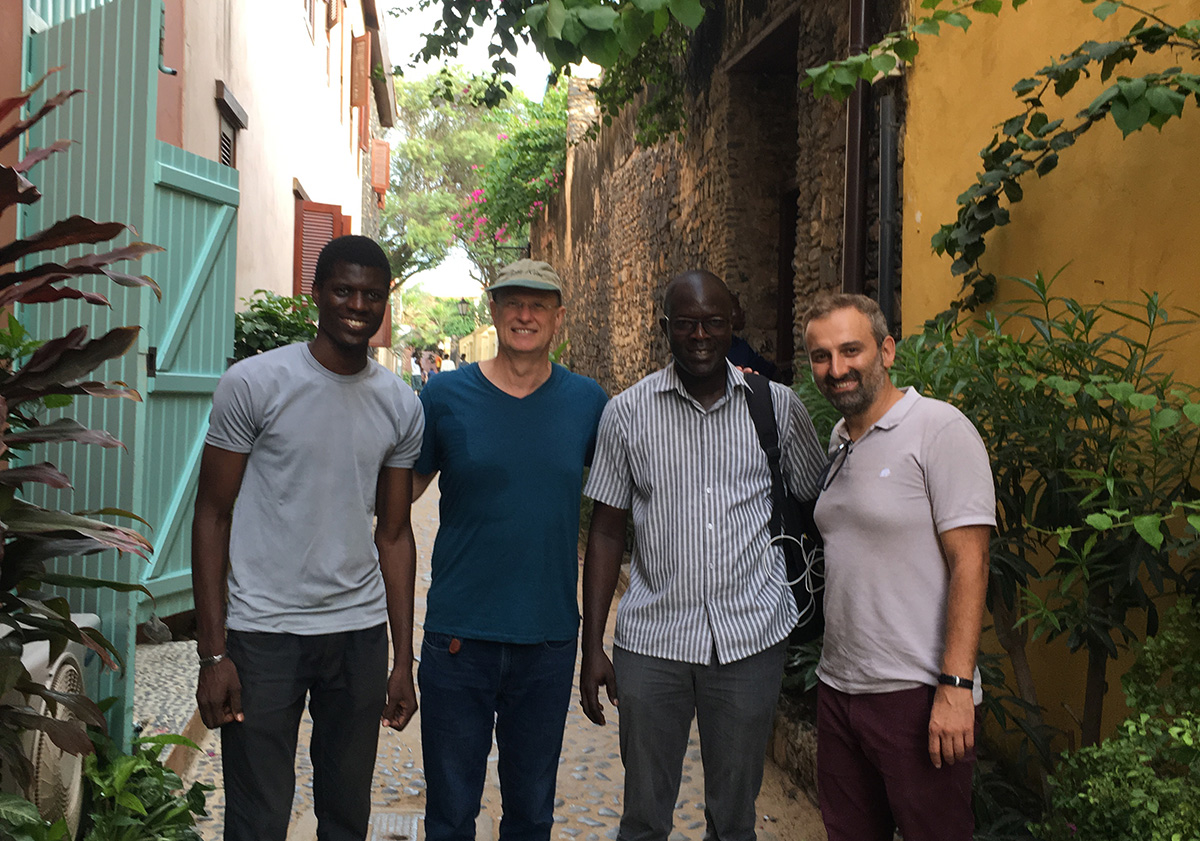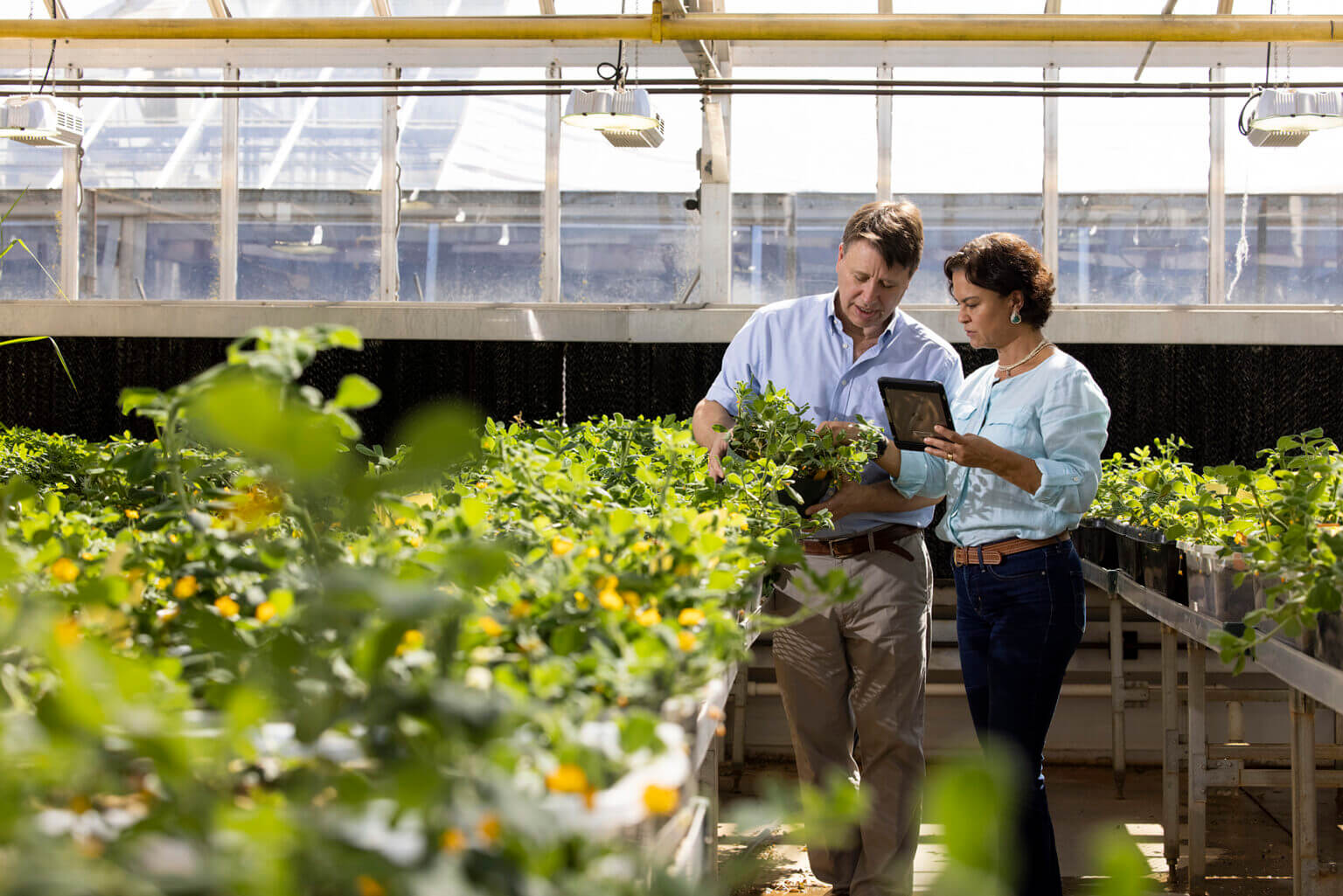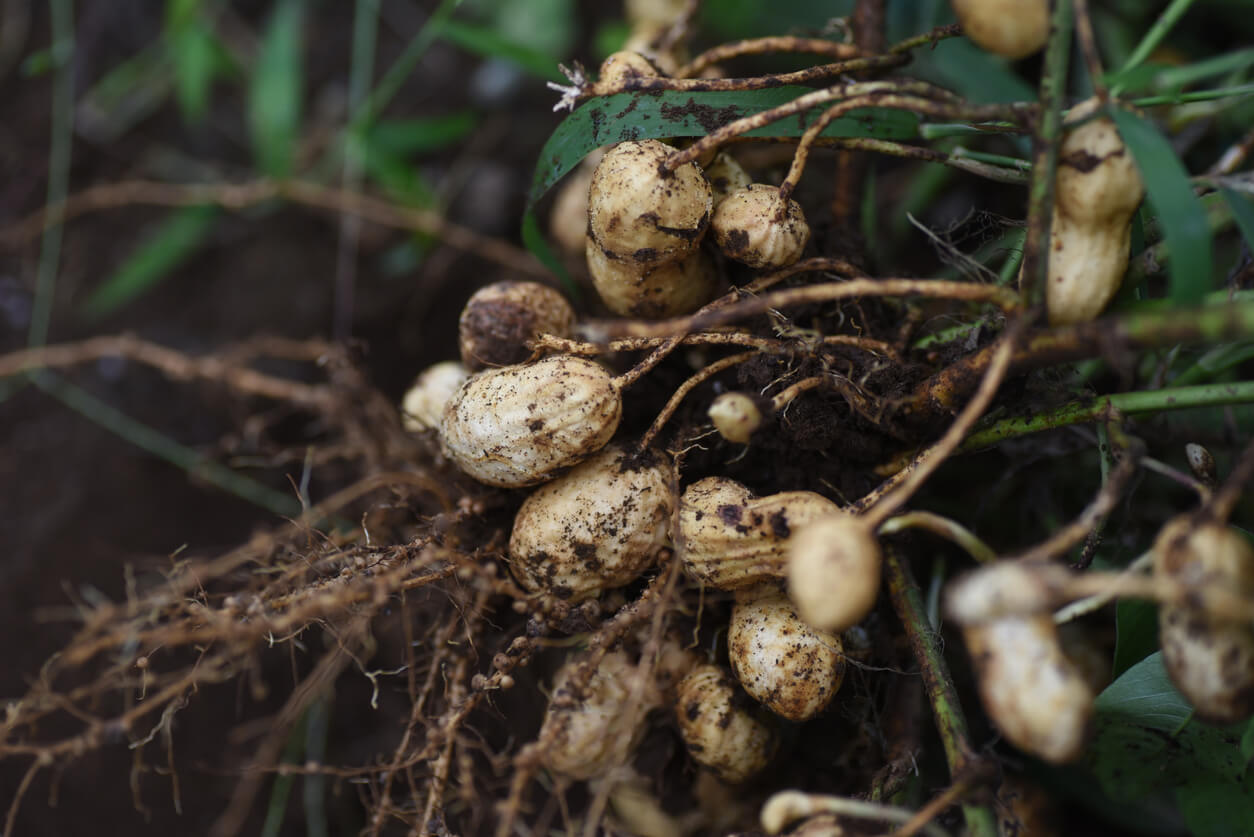 CAES News
CAES News
Groundnut Improvement Network for Africa
More than 4,000 miles separate the capital cities of Senegal in West Africa and Uganda in East Africa. Yet both countries grow peanuts and, like other countries across Africa, farmers there rely on peanuts as a food and cash crop. Five years ago, the researchers who help those farmers – plant breeders from Uganda, Senegal and seven other African countries – formed an organization called the Groundnut Improvement Network for Africa, or GINA, to develop peanut varieties that help African farmers deal with plant diseases and climate change.

